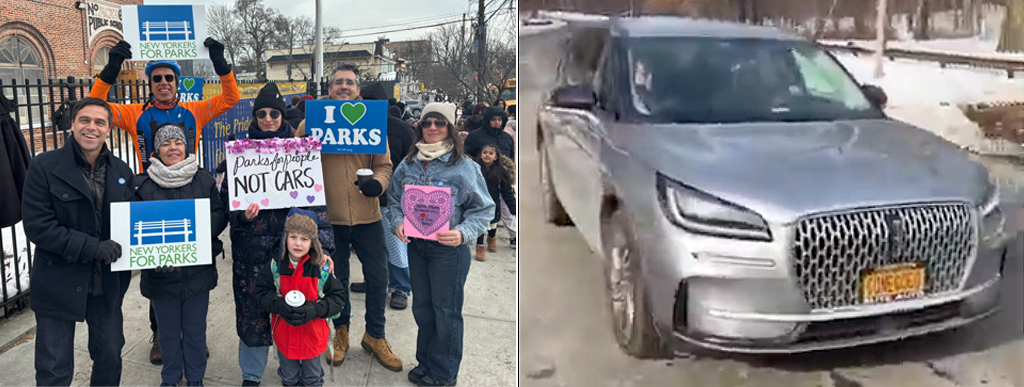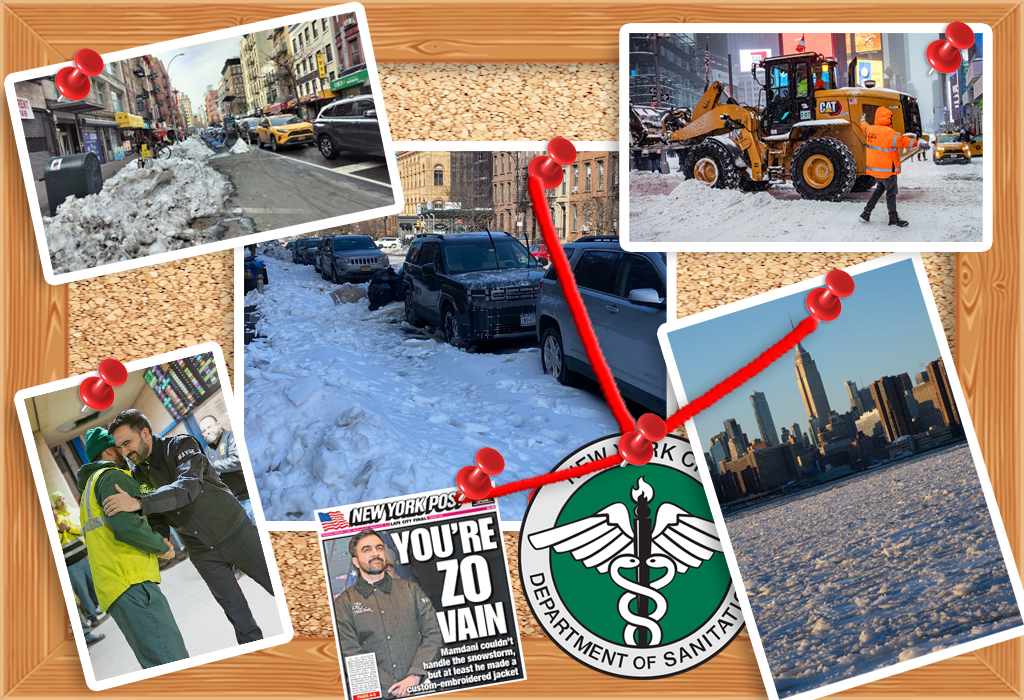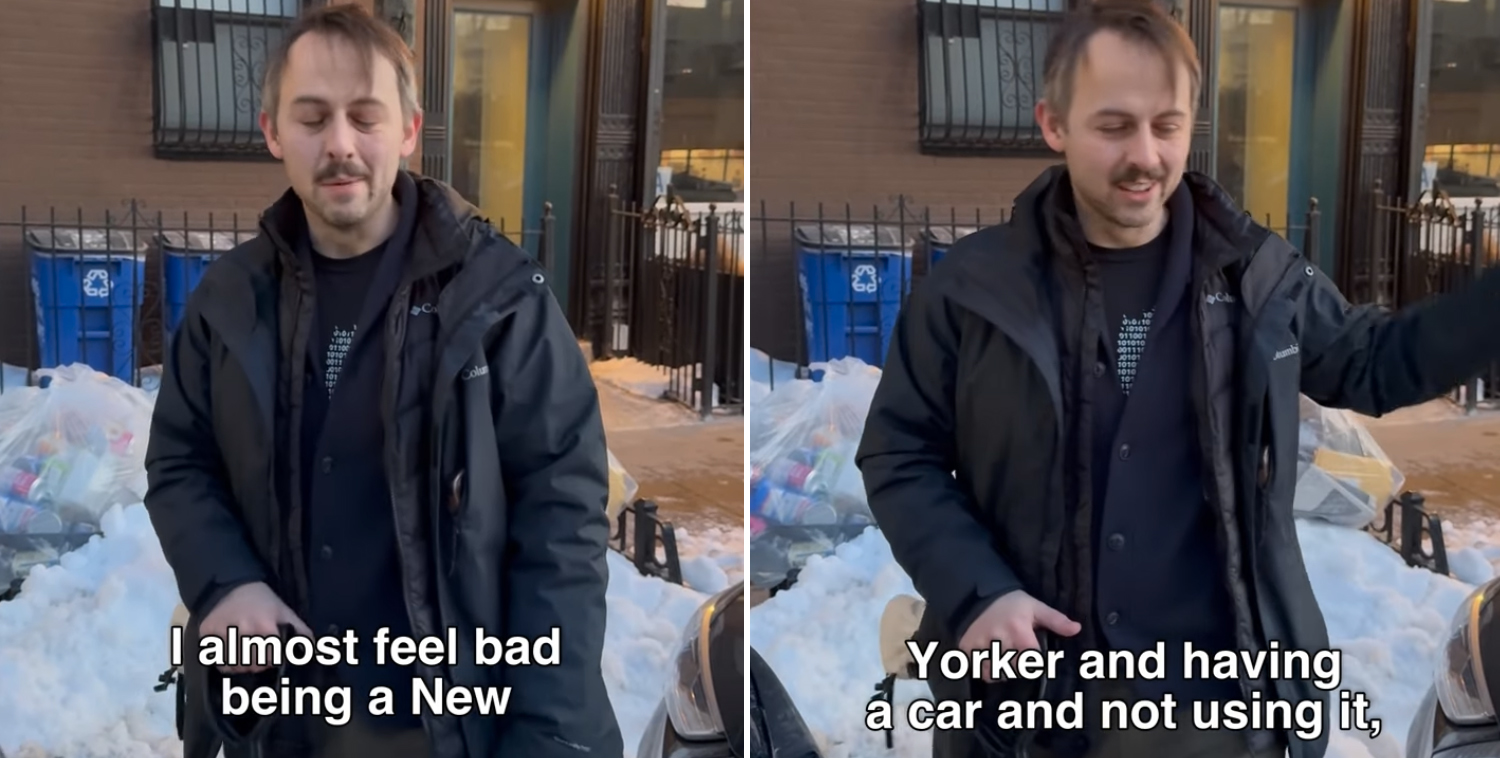A trade group representing the transportation engineering profession thinks it's high time for American policy makers to stop focusing so much on moving single-occupancy vehicles.

U.S. DOT is currently deciding how it will assess the performance of state DOTs. Will it continue business as usual and equate success with moving huge numbers of cars? That's what state transportation officials want, but just about everyone else disagrees -- including professional transportation engineers.
In its comments to the Federal Highway Administration about how to measure performance, the Institute of Transportation Engineers -- a trade group representing 13,000 professionals -- said that, in short, the system should not focus so heavily on cars [PDF].
Here's a key excerpt:
Throughout the current proposed rulemaking on NHS performance, traffic congestion, freight mobility, and air quality, an underlying theme is apparent: these measures speak largely to the experience of those in single occupancy vehicles (SOVs). While such a focus is understandable in the short-term, owing largely to the current availability of data from the NPMRDS and other national sources, ITE and its membership feel that FHWA should move quickly within the framework of the existing performance management legislation to begin developing performance measures that cater to multimodal transportation systems.
The first step in this process is instituting a program to develop standards and procedures for data collection within this alternative modes of travel, an effort which ITE feels should be undertaken by FHWA and its USDOT partner agencies concurrent to the final performance management rulemaking under consideration. Once this multimodal framework is established, FHWA can work to develop a more comprehensive and holistic set of performance measures that accommodate multiple modes of transportation, while achieving secondary effects of improved public health, community livability, and economic development.
While ITE is supportive in moving forward with the majority of the proposed measures as the first step in this evolutionary process, we do believe FHWA should postpone the adoption of an urban congestion measure until such time as this measure can represent all users of the system. The singular focus of the current proposed measure on vehicle-based travel may have the unintended consequences of focusing investment on the movement of SOVs at a time when the transportation industry has begun to aggressively support shared services and transportation choices. Rather than expending limited FHWA, State and local resources on implementing a measure of questionable value, we respectfully request that FHWA direct those resources toward the collection of multi-modal data and the establishment of multi-modal and person-based measures.
This is very much in line with what advocates for like Transportation for America have been saying.
The way FHWA's draft rule is currently written emphasizes vehicle delay. In other words, it prioritizes the movement of cars over broader social, environmental, and public health concerns -- exactly the kind of old-fashioned thinking that has led states on an endless cycle of expensive highway widenings and continued gridlock. State officials may not have figured out that something needs to change, but it looks like the engineering profession has.
Editor's note: Streetsblog USA and the Streetsblog Network will be on a brief hiatus next week as Angie takes some well-earned time off. We'll see you back here after Labor Day, Streetsblog readers.





